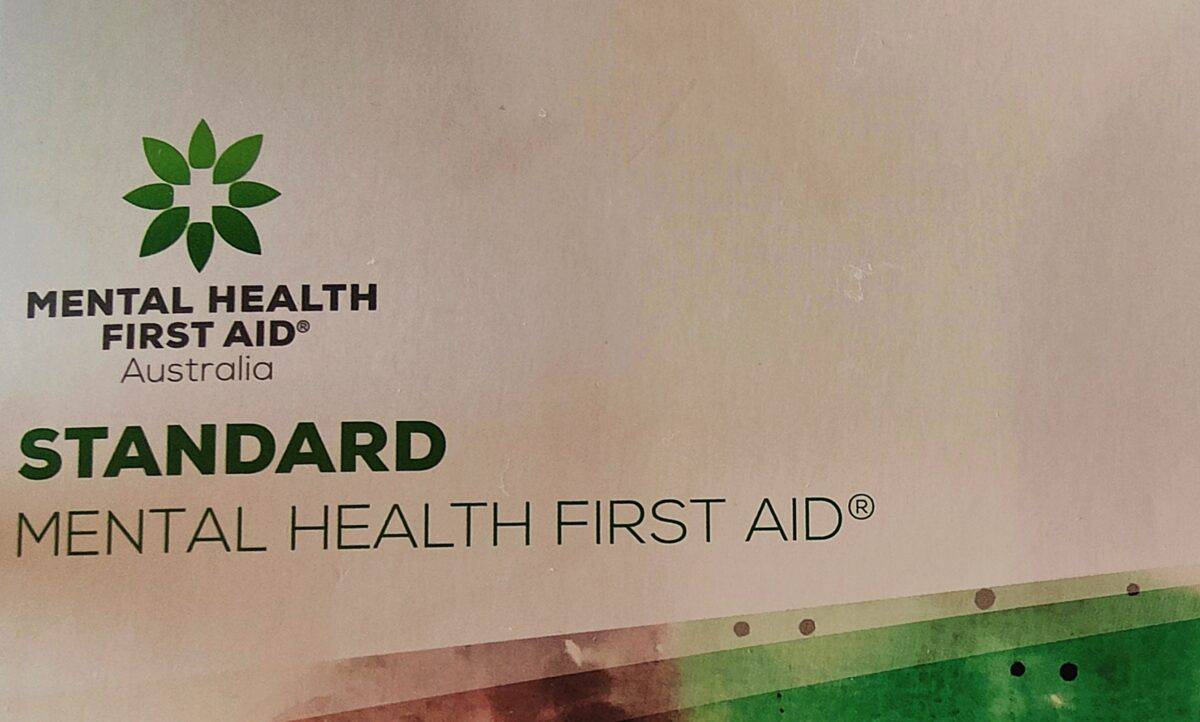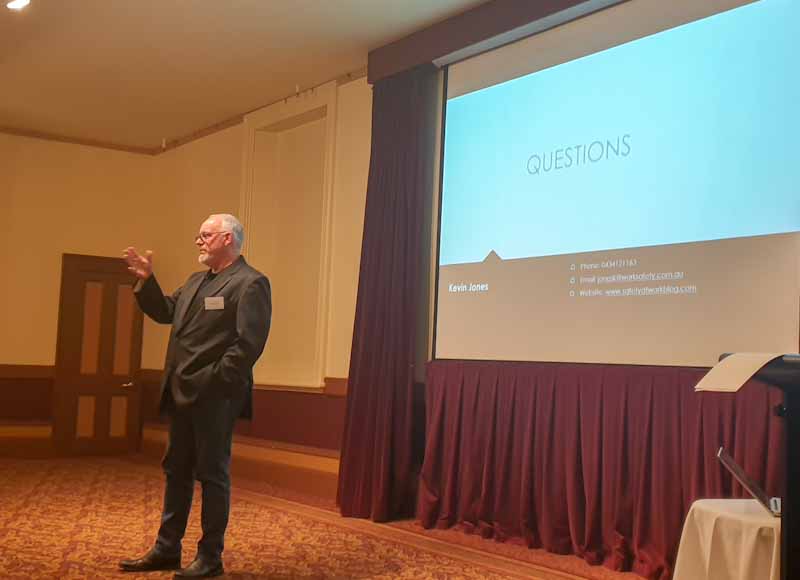Courses in Mental Health First Aid (MHFA) are increasingly popular in Australia as employers struggle to understand their (new) occupational health and safety (OHS) obligations to provide psychologically safe and healthy work environments. However, MHFA and OHS are fundamentally incompatible.
MHFA is an intervention program, while OHS requires prevention. So, employers who send staff to MHFA intending to comply with their OHS obligations are deluded.







